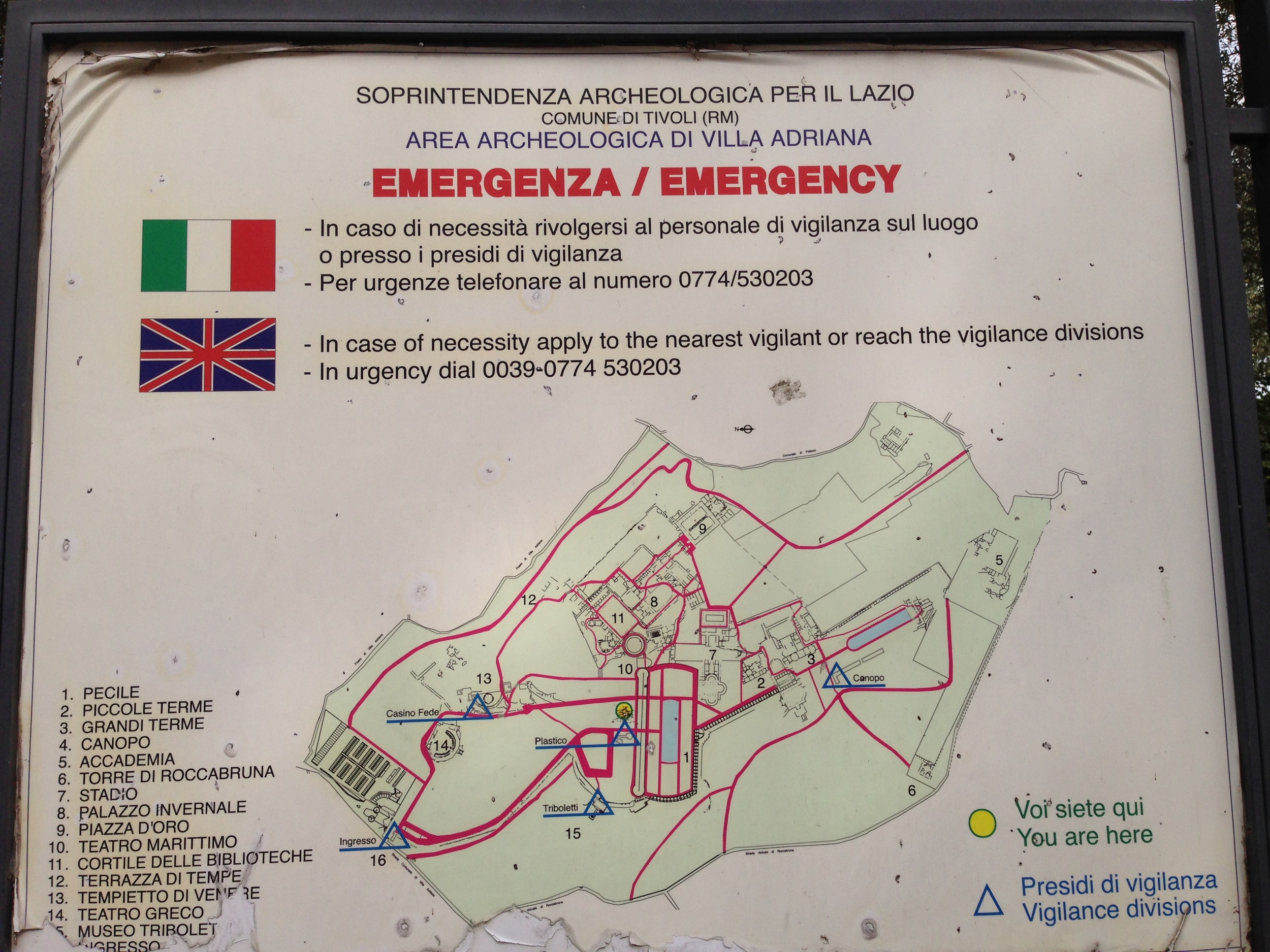Learning Italian in Rome - Phrase of the Week: Fatto io (I made it.)
/Okay, this is basically an excuse to post one of my favorite Italian commercials (ironically, starring an American actor). No, it isn’t the George Clooney Nespresso spots, though I like those too. It’s a pretty old one by Dustin Hoffman.
I also needed something short and sweet, but with an expression I’ve heard a lot. Drumroll please…
Fatto io.
Expr: Short for “L’ho fatto io.” - I made it.
Related: “Faccio io.” - I’ll do it.
Also Related: “Facciamo noi.” - We’ll do it.
Heard a lot: “Fasciate voi?” - Are you all going to do it?
Obviously, the verb Fare (to do) is pretty nifty, and above are just a few of its uses. Are we ready for the video?
Lezioni di Caffè - Lessons in Coffee
Super easy, right? Here’s the quick and dirty breakdown. (Note, these aren't literal translations. It's how I would actually say these phrases in English.)
Maestro. Signore Vergnano. Tu insegna a me il caffè Italiano. Cominciamo!
Okay, to be fair, I do think this line should have been in the Lei form (seeing as how he started off with “Maestro” and “Signore). Nonetheless, they are being informal. The only things you probably need to know here is that insegnare is the verb “to teach” and cominciare is the verb “to start”
Those who’ve learned how to conjugate -are verbs might ask: “So if he’s using the Tu form, why did he say insegna instead of insegni?” Short answer? He’s using the imperative form (giving an order), in which case the conjugation is flipped (Italian is evil, I know).
Cominciamo is the equivalent of us saying “Let’s start!”
Lungo. Normale. Corto. Macchiato. Scusa Sig. Vergnano.
Okay, the words are the same (Long, Normal, Short, Macchiato), but in Italy, these sizes have no relation to what you’re used to at Starbucks. A caffè normale is an American espresso. A macchiato is an espresso with a dollop of milk (a very small dollop). One would think that lungo would be a double espresso, but no—it’s an espresso with a little more hot water (but the same amount of coffee/caffeine). Corto is obviously an espresso with a little less water. An actual double espresso would be a doppio. Everyone probably already knows that scusa means “Pardon/I’m sorry.”
Franco, ti piace? Moltissimo. Ahh… Fatto io.
Ti piace? means “Do you like it?” The verb to like “piacere” works quite differently than in English. The way I think about it is that it literally means “To be pleasing to.” (A te=ti) piace il caffè? literally translates to “Is the coffee pleasing to you?” as opposed to “Do you like coffee?”
Dulcis in fundo, Fatto io means “I made it.”














